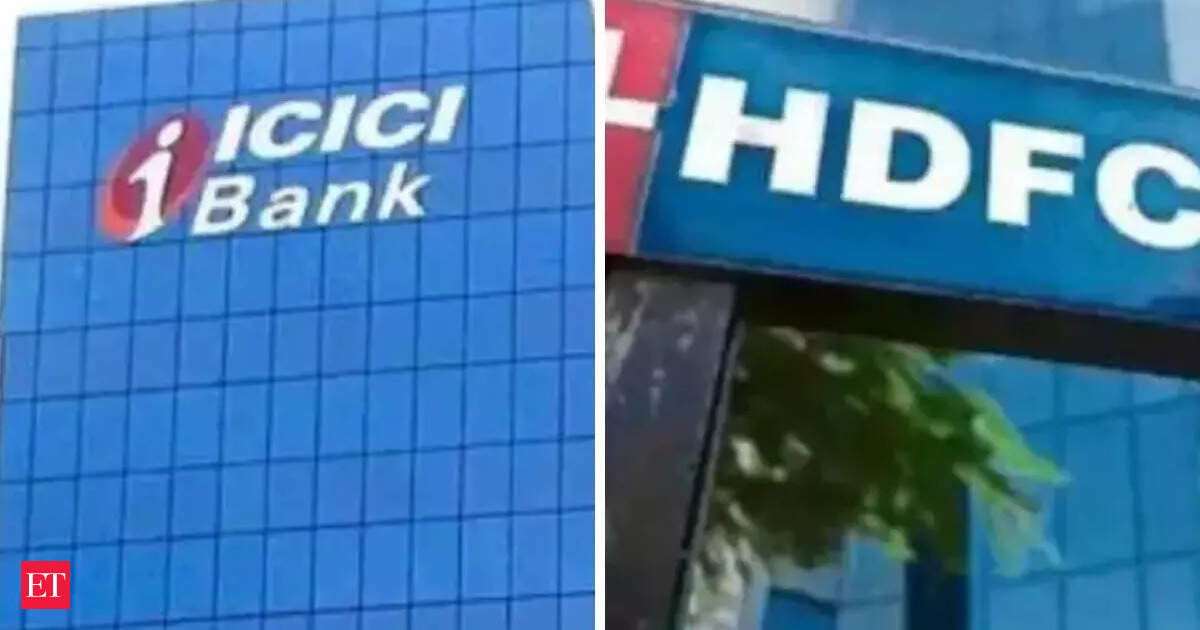Under an agreement between the two companies, JSW will pay Chery a one-off technology transfer fee and recurring royalties, said the people, who asked not to be identified because the information is private. There is no equity arrangement, in line with India’s restrictions on Chinese investment in strategic sectors.
The deal will mark the first major passenger vehicle technology transfer from a Chinese automaker to an Indian company since border clashes between the two nations in 2020 snowballed into a bilateral spat. India has put up walls to prevent its neighbor from making big-ticket investments in the country.
Chery and JSW disputed the accuracy of Bloomberg News’s report in their responses and said the pact was for providing components. “Chery will supply components of parts of models. JSW will assemble and produce under JSW brand in India,” the Chinese car maker said in an email.
An emailed response from JSW mirrored Chery’s comments and said “the core technology will be developed in-house with the help of companies,” such as KPIT Technologies Ltd. and LTIMindtree Ltd.
Deeply dependent
India’s nascent EV ecosystem is deeply dependent on Chinese supply chains – from rare earth magnets to lithium-ion cells.While China is also heavily scrutinizing overseas transfer of technologies in critical sectors like EVs and semi-conductors, several Indian companies including Exide Industries Ltd., Amara Raja and Tata AutoComp Systems Ltd. have licensing agreements and partnerships with Chinese cell pioneers like SVOLT Energy Technology Co. and Gotion High-tech Co.The closely held Chery, China’s top passenger vehicle exporter for 22 consecutive years and its fourth-largest carmaker, has a presence in more than 100 countries and also has a joint venture with luxury marque Jaguar Land Rover, which is owned by India’s Tata Motors Ltd.
Chery is also said to be eying a Hong Kong initial public offering that could raise about $1.5 billion, Bloomberg News reported in May citing people familiar with the matter. But its pursuit of a successful listing has been complicated by its significant operations in Russia, where it became a top-selling brand.
Shying away
Some international banks are shying away, prompting Chery to scale back Russian operations and cease sales to sanctioned countries like Cuba and Iran.
The royalty stream from JSW, in this backdrop, will boost its revenues and its international ambitions that include setting up a $1 billion factory in Turkey.
Chery’s portfolio spans electric cars and hybrids under brands such as iCar, Exeed, and Jetour. The company brings advanced electric powertrains, hybrid systems and intelligent cockpit tech — capabilities JSW will leverage to localize and scale production rapidly.
JSW is reviewing several Chery models, particularly from the iCar sport utility range, to tailor for Indian consumers. The Indian conglomerate, that spans steel, new energy, infrastructure and paints, has been entering newer segments like cement and cars.
The new EV brand will be wholly owned by JSW and operate independently of its existing MG Motor India Pvt. joint venture with China’s SAIC Motor Corp., which will continue to sell vehicles in India under the MG badge, the people said.
JSW is setting up facilities in the Indian state of Maharashtra where it will manufacture its own brand of passenger EVs from 2027, as well as a range of electric trucks and buses from next year, the people said.
The JSW Group is also planning to increase its stake in its MG Motor joint venture by buying out more of SAIC’s stake in the entity, Parth Jindal, director of JSW MG Motor India told a local newspaper earlier this month. The conglomerate has also finalized two licensing pacts with Chinese automakers, the report said, without giving further details.




